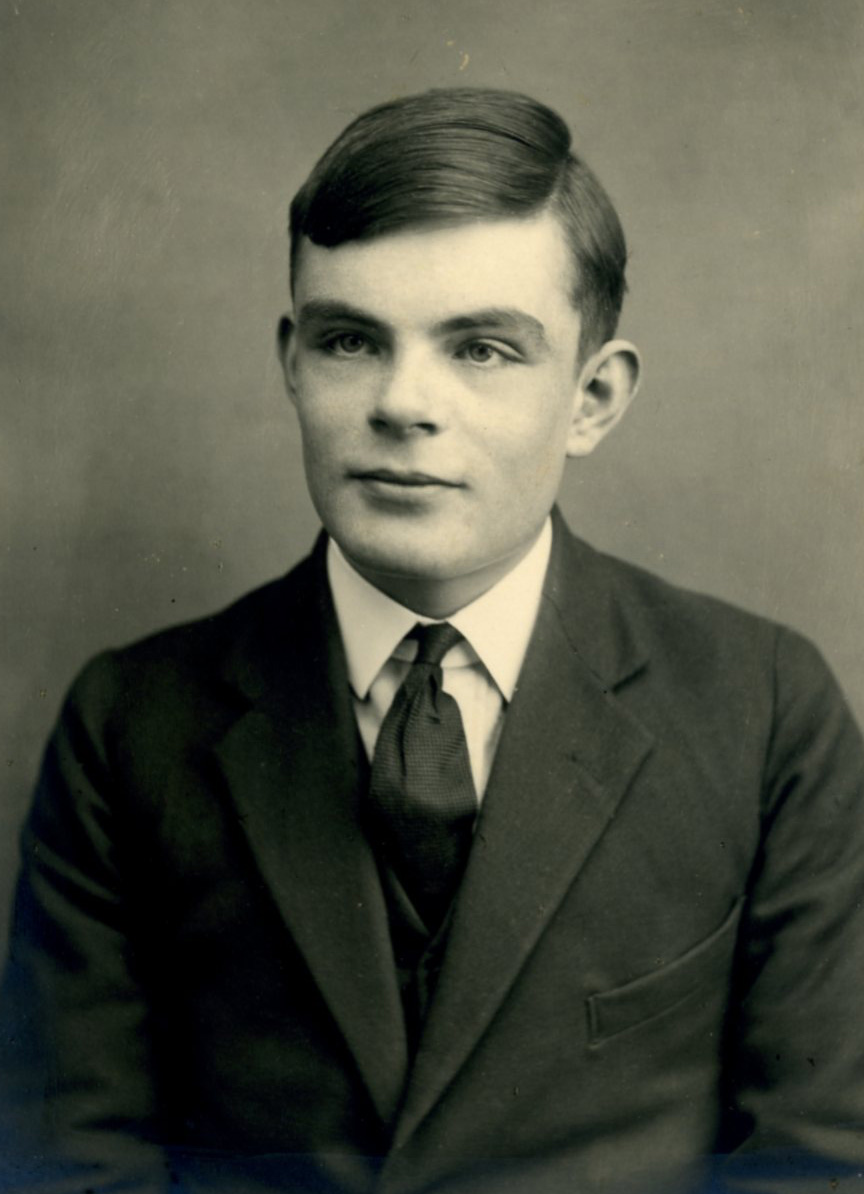Hm. No one's here, but hello all the same. Hopefully my time zone and opportunities to chat will come into grand alignment at some point.
Here's a brief question: this entire chat interface is a little bewildering. It's a chat -- do we really need to be able to flag or edit a real-time statement?
EDIT: I mean, it's great for saving face and all...
Here's a brief question: this entire chat interface is a little bewildering. It's a chat -- do we really need to be able to flag or edit a real-time statement?
EDIT: I mean, it's great for saving face and all...


